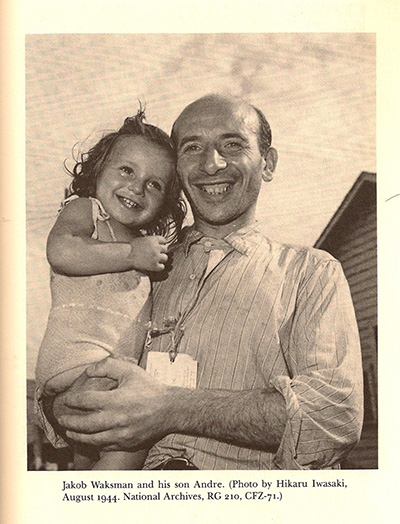Histoire
Je suis franco-américain, sans une goutte de sang français ni américain. Mes parents, juifs polonais vivant en Belgique ont voulu fuir le nazisme en passant en Suisse. Avec mon frère ils ont été arrêtés par les gendarmes français et envoyés dans un camp du sud de la France, d’où ma mère a été sortie par une femme Suisse extraordinaire qui avait créé à Elne, près de Perpignan, une maternité destinée aux républicaines espagnoles et aux femmes juives, où je suis né en 1943. J’ai ensuite séjourné avec ma famille à Saint Martin Vésubie où les Juifs ont été protégés par l’armée Italienne et les habitants du village¹. Puis en suivant l’armée italienne fuyant les allemands dans des conditions terribles, nous avons pu gagner le Piémont et atteindre Rome. A la libération de la ville, invités par le Président Roosevelt avec 1000 autres réfugiés juifs nous sommes partis aux États-Unis qui nous ont expédiés dans un « camp » au bord du lac Ontario près de la frontière canadienne. Enfin, en 1946, nous avons reçu nos visas d’immigration pour les États-Unis.
1. J’ai raconté cet épisode dans mon film « 1943, le temps d’un répit… » Voir le film
I am French-American, without a drop of French or American blood. My parents, Polish Jews living in Belgium wanted to flee Nazism by going to Switzerland. With my brother they were arrested by French gendarmes and sent to a camp in the south of France, from where my mother was released through the efforts of an extraordinary Swiss woman who had created in Elne, near Perpignan, a maternity unit intended for Spanish republican and later Jewish women. I was born there in 1943. I then stayed with my family in Saint Martin Vésubie where the Jews were protected by the Italian army who occupied part of southern France from November 1942 till September 1943.(1) Following the Italian army’s flight from the Germans and despite terrible conditions, we were able to reach Piedmont in Italy and later Rome. On the liberation of that city, we left for the US with 1000 other Jewish refugees, as “guests” of President Roosevelt to sit out the rest of the War. On arrival in New York harbor we were sent to a “camp” on the shores of Lake Ontario near the Canadian border. Finally, in 1946, we received our immigration visas for the United States.
I. Told this story in my film « A Pause in the Holocaust See the film

